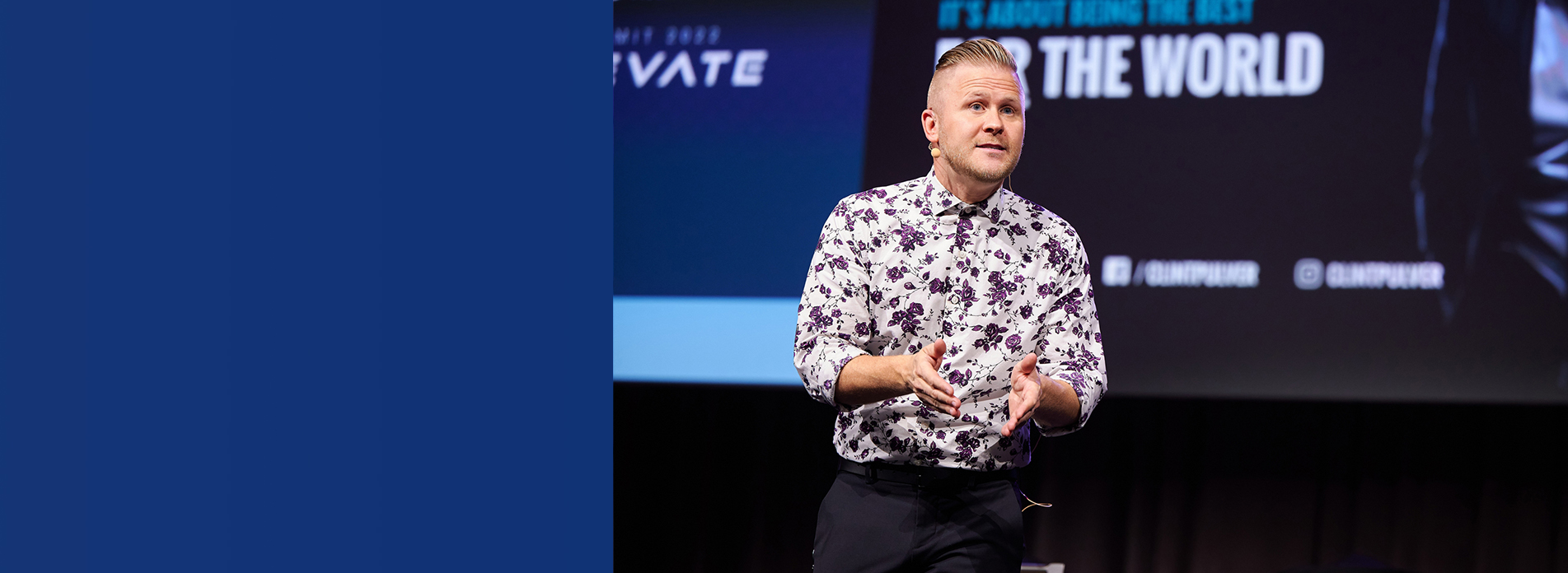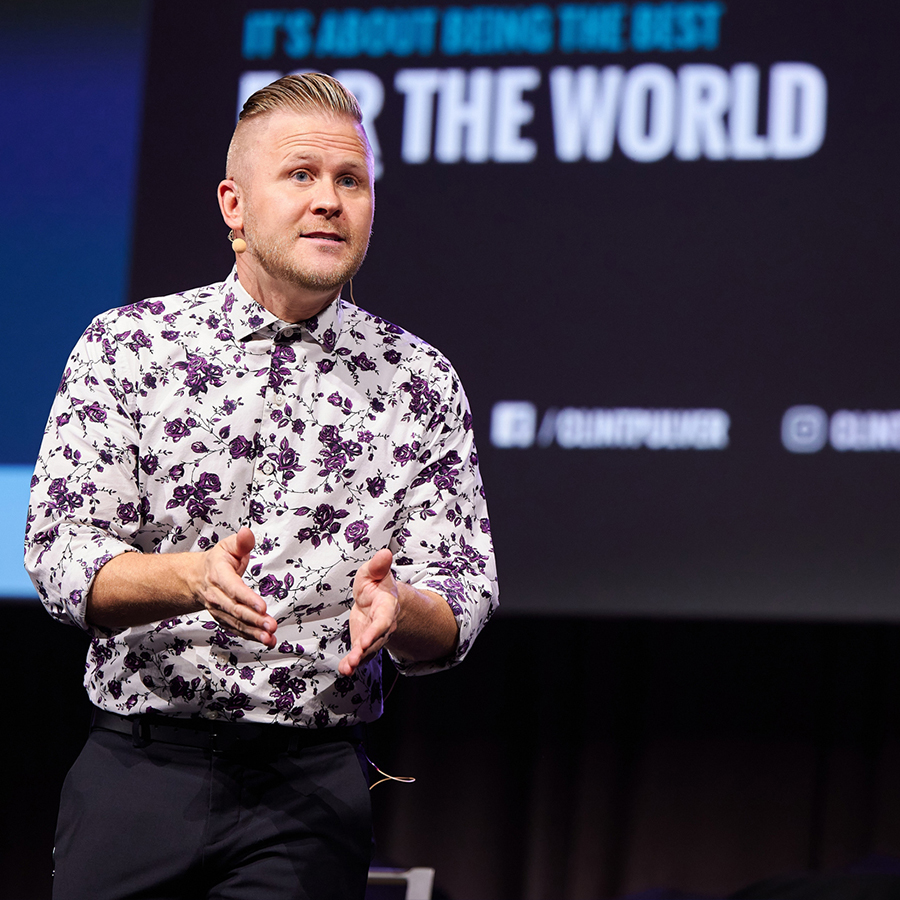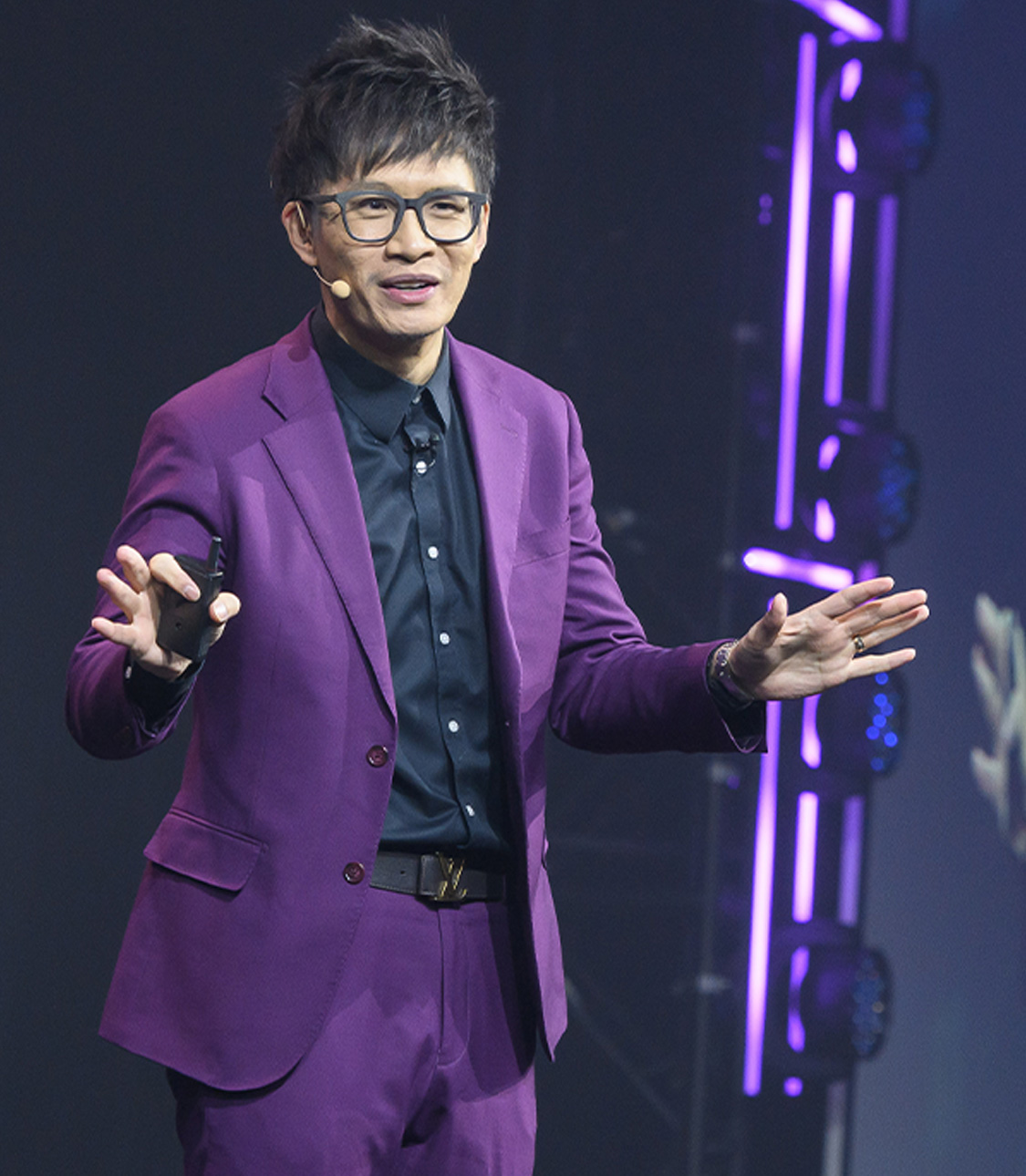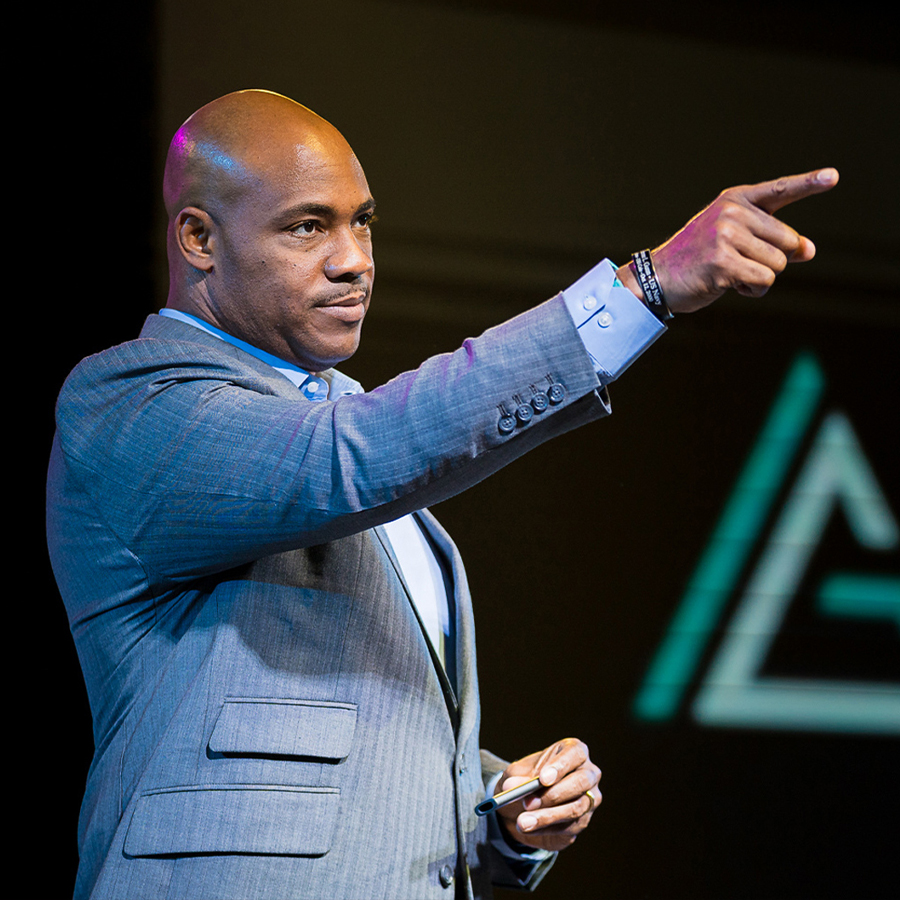Over the past two decades, Gerd Leonhard has risen to one of the top 10 futurist keynote speakers worldwide. With over 2,000 engagements in 60+ countries since 2004, and a combined audience of over 2.5 million people, Gerd has been listed by Wired magazine as one of the Top 100 Most-Influential People in Europe, and as ‘one of the leading media futurists in the World’ by The Wall Street Journal. Gerd focuses on the future of humanity and technology, digital ethics, artificial intelligence, future-leadership and foresights. His keynotes, are renowned for their hard-hitting and provocative style – inspiring, humorous, motivational, and always personal. Using cutting-edge creative motion design, Gerd’s performances have become a unique immersive experience on the big screen, reinventing the visual side of the conference industry. Gerd is highly regarded as a global influencer and has advised many business leaders and government officials around the globe. His diverse list of clients include governments, NGOs and Fortune 500 companies such as SAP, Microsoft, Google, Accenture, Deloitte, KPMG, Sony, UBS, Tetrapak, Mastercard, BBC, Unilever, Lloyds Bank, WWF, Sony, The Guardian, Telkom Indonesia, Siemens, RTL, France Telecom, The Financial Times, Ogilvy,Omnicom, The EU Commission, VISA, Audi, NetAPP and many others.
A true thought leader in the futurist space, Gerd is above all a dedicated humanist who believes that all technological progress should further collective human flourishing. His credo is simple: People, Planet, Purpose and Prosperity.
Gerd uses his keynotes, presentations, workshops and advisory sessions to deep-dive on complex topics. Recurring themes include the coming redefinition of human-machine relationships, exploring what it means to be human in a world of machines and algorithms, the future of work and jobs, and the ethics of technology. As Gerd likes to say, humanity will change more in the next 20 years than in the previous 300 years – so let’s maintain and protect what makes us human!











